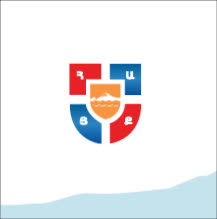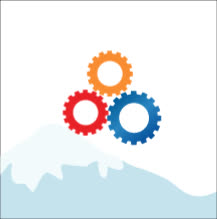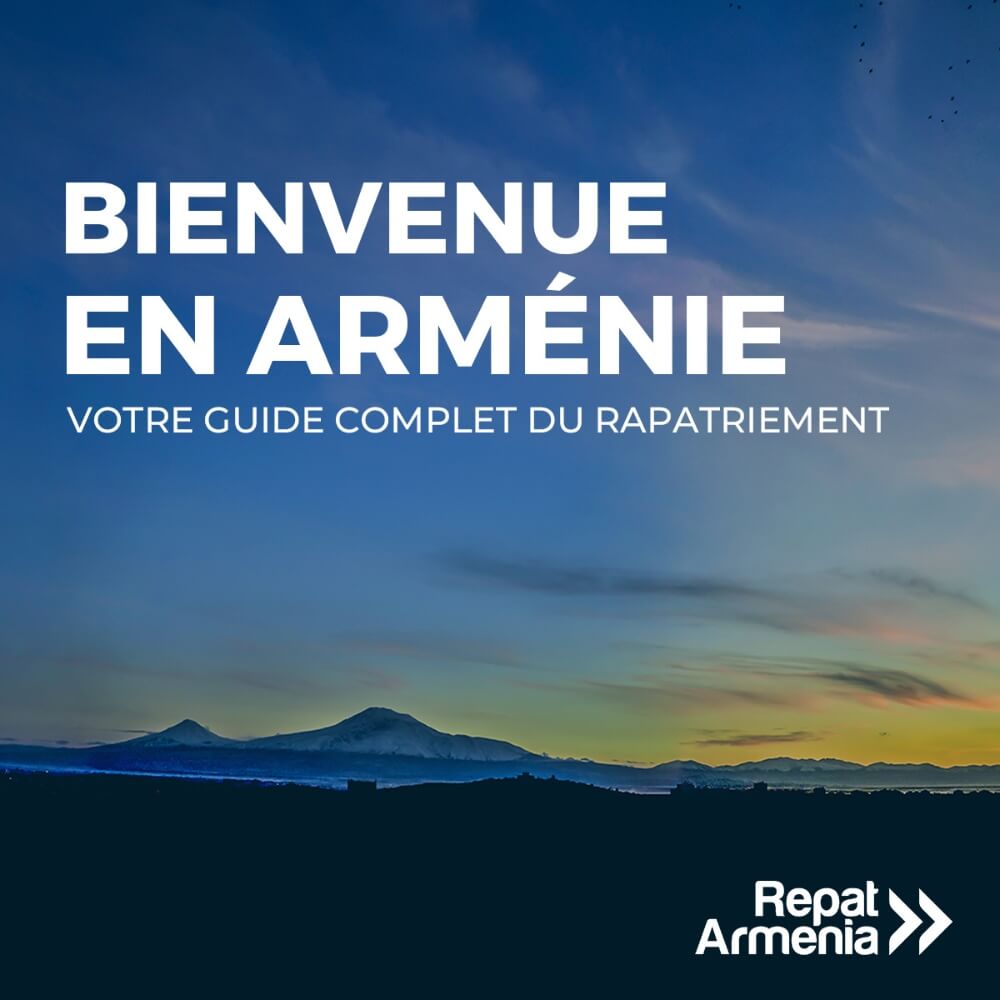Latest Articles
See all
-
Repat Story19.11.20245 min readWhen Armenians decided to move out of Armenia in the early 90s during the “dark and cold” years, they rarely came back. In fact, much of the time they would adopt this idea of abandoning Armenia altogether as the country was seen as a lost cause in the eyes of many Armenians.
-
Armenian by Choice15.11.2024Switzerland and Armenia, both countries are small, landlocked, blessed with beautiful mountains, and rely on innovative technologies due to limited natural resources.
-
Repat Story28.10.2024After a long career spanning Italy and the United States, where Suren Mkyan (Mkrtchyan) took on leading roles in international opera productions – including a world premiere of Chukhadjian's Zemire – Suren repatriated to Armenia to perform his own part in bringing Chukhadjian's works to the stage here.
-
Repat Story21.10.2024I first heard of the protagonist of this story a few years ago. During a call, my mom asked, “Do you know Narek Aslikyan?” I searched his name on Facebook and realized I’d seen him around – once at Ayb’s New Year fair with a classmate, and on social media, promoting IT education in Armenia.
-
Repat Story15.10.2024A few years ago, well before healthy lifestyles, good nutrition, and sugar-free snacks became trendy, I was at a co-working space when my table neighbor offered me some sugar-free dried fruits. I discovered they were made by a young man named Artem, sitting at another desk nearby.
-
Armenian by Choice30.09.2024In the rapidly evolving world of technology, professionals are often driven by the desire to explore new horizons, both in their careers and in their personal lives. Rohan Singh, a Senior Cloud Infrastructure Engineer at SADA - an Insight Company, exemplifies this spirit of exploration.

Repatriation Guide (EN, RU, FR)
2024 IN NUMBERS
-
 12,428Members of Armenian Repatriates Network
12,428Members of Armenian Repatriates Network -
 476Repatriation and Integration Requests
476Repatriation and Integration Requests -
 28Networking and Integration Events
28Networking and Integration Events -
 94,934
Social Media Followers
94,934
Social Media Followers -
 700Engage Armenia Forum Attendees
700Engage Armenia Forum Attendees -
 140Health Insurance Package Members
140Health Insurance Package Members -
 150Armenian Language Course Participants
150Armenian Language Course Participants -
 102,229Website Users
102,229Website Users
-webp(85)-o(jpg).webp?token=200af5c03cfe69e68ccc479b1fd5b450)






-webp(85)-o(jpg).webp?token=496d41d592eb582df7b1a7ff1f20d4c6)
-webp(85)-o(jpg).webp?token=b69c33b7b9391deabf78659e2e2f0e9d)
-webp(85)-o(jpg).webp?token=2bb9e58a1d154ffb7b1eb91083758679)
-webp(85)-o(jpg).webp?token=d7f84c1ed35af7bb3e66b89bdf042fa8)
-webp(85)-o(jpg).webp?token=4c19e4ec5983e24219df3b1ad171e490)
-webp(85)-o(jpg).webp?token=3f3a7b15c22e4315b96f758640a837f0)
-webp(85)-o(jpg).webp?token=1c6afa68191ac133eb2205df7366fb76)
 Download English version
Download English version Download French version
Download French version Download Russian version
Download Russian version